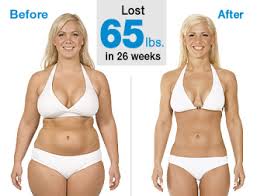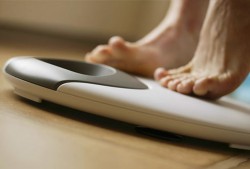Losing those "last 10 pounds" is one thing—pretty much anybody can adopt a restrictive diet for a few weeks and watch the number on the scale drop. But losing 50 or more pounds is a very different proposition.
"This type of weight loss isn't just about changing a diet," says Devon Golem, PhD, RD, director of the Didactic Program in Dietetics at New Mexico State University, who's helped patients achieve major weight loss goals. "It's about changing mindset, changing behaviors, and changing your environment, too. They all go together."
(Worried about your memory? Check out these natural ways to age-proof your brain!)
Sounds intimidating, right? But trust us, even dramatic weight loss is absolutely doable. You just need a solid game plan that incorporates these 10 proven strategies for shedding significant weight sustainably.
Get into your head.
 2/11
Get into your head.
2/11
Get into your head.
Before you even think about what's on your plate, Golem explains, you have to be in the right mindset. Weight loss of 50 or more pounds takes time, and it doesn't always happen at a predictable rate. "You're going to have times when you see dramatic change and then it's going to plateau for a while," she says. "It's a staircase." Knowing this ahead of time helps minimize disappointment during the weeks when you feel like you haven't made progress.
Think broader.
 3/11
Think broader.
3/11
Think broader.
You can't just adopt a new diet and change nothing else in your life. "Things like sleep, exercise, and stress are all interconnected," says Golem. "When you ignore one, it can sabotage the others." One example: Overwhelming evidence shows that getting suboptimal sleep (less than 7 hours) spurs us to overeat. You'll get the best results when you address all of the major imbalances in your life—not just your food. Get started with these 20 ways to sleep better tonight.
Forget quick fixes.
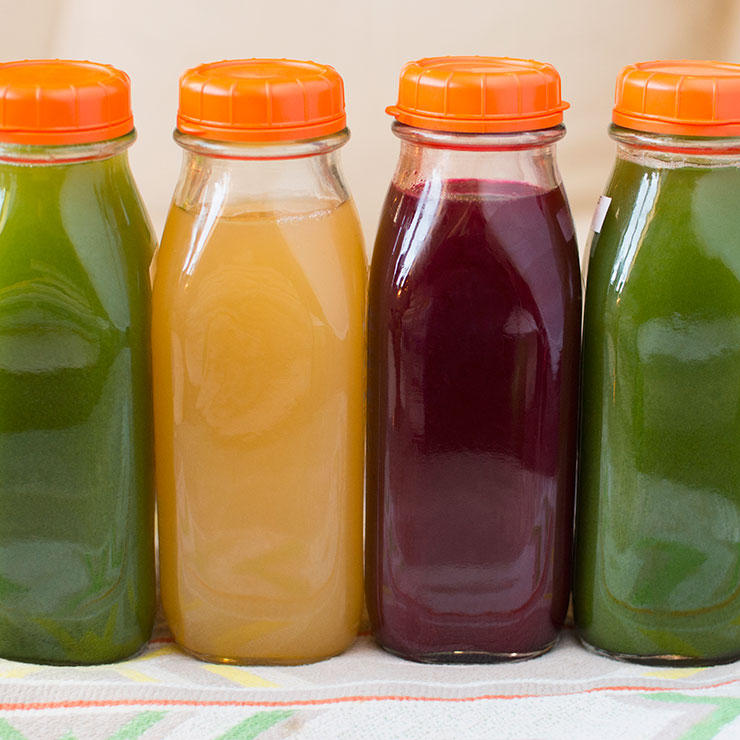 4/11
Forget quick fixes.
4/11
Forget quick fixes.
When you want to lose 50 pounds, you need to morph your new dietary changes into lifelong habits. "You want to get to the point where eating in this new way becomes second nature and doesn't overwhelm you," Golem says. This takes time and practice, but you can set yourself up for success by thinking of every new dietary change as a lifelong habit-to-be. This mental shift will help you spot and avoid quick fixes (e.g., juice cleanses) that clearly aren't sustainable in the long term.
Master just one habit.
 5/11
Master just one habit.
5/11
Master just one habit.
Don't overwhelm yourself by trying to create 18 new habits at once. Just start with one, Golem says—whether that's drinking a gallon of water every day, or cutting out the 3 p.m. bag of chips, or eliminating sugar from your morning coffee. Taking on too much too fast can lead to frustration. Start small and add new habits only when you know you can handle them. (And if the idea of creating your own plan like this terrifies you, seek the help of a registered dietitian. You can search for one in your area right here.)
Feel the feels.
 6/11
Feel the feels.
6/11
Feel the feels.
Hitting an objective weight loss target (I lost the first 10 pounds! I dropped one pants size!) is great—but don't get too caught up in the numbers. Golem suggests making a few subjective weight loss goals, too. Do you want to feel lighter? Have more energy? Move more freely? Focusing on these unquantifiable measures of weight loss can give you extra motivation when you're stuck in a plateau. So maybe you weigh the same as you did last week—but there's a new spring in your step and you wake up feeling ready for the day! It pays to recognize these new feelings as rewards, Golem explains. Tuning in to them regularly will make you less likely to quit when the going gets tough.
Crowd out the junk.
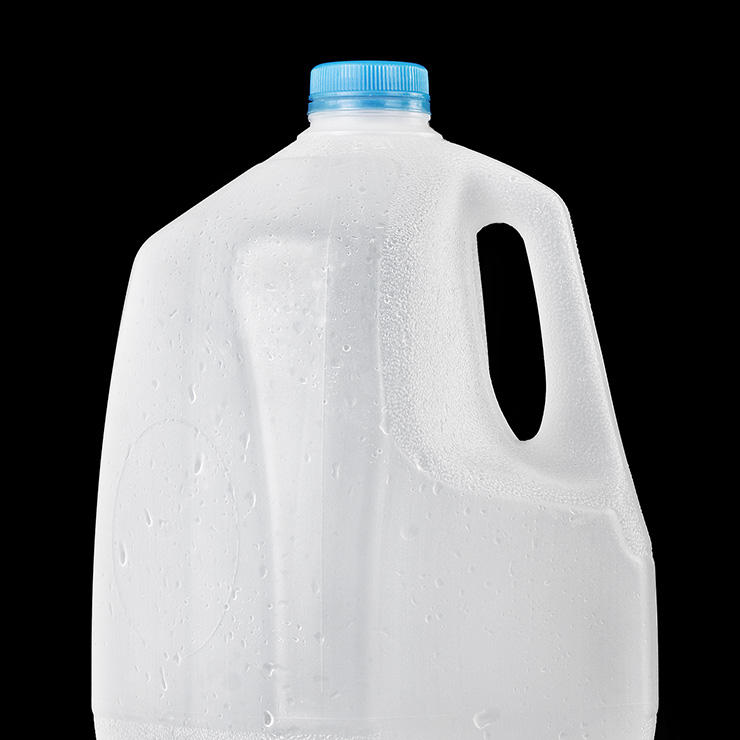 7/11
Crowd out the junk.
7/11
Crowd out the junk.
Before you take "bad" foods like candy away, try adding the things that your diet's lacking. For most people, Golem says, that means vegetables and water; she recommends drinking a gallon of water and eating seven to eight servings of veggies per day. "The more you add, the more you'll feel fulfilled instead of deprived," she explains. Bonus: Ramping up water and veggie intake can give you benefits beyond weight loss, including improved digestion, stronger immunity, and a better mood. (Really! Groundbreaking research is actually linking fiber-heavy, gut-friendly diets with improved mental health.)
Go whole or go home.
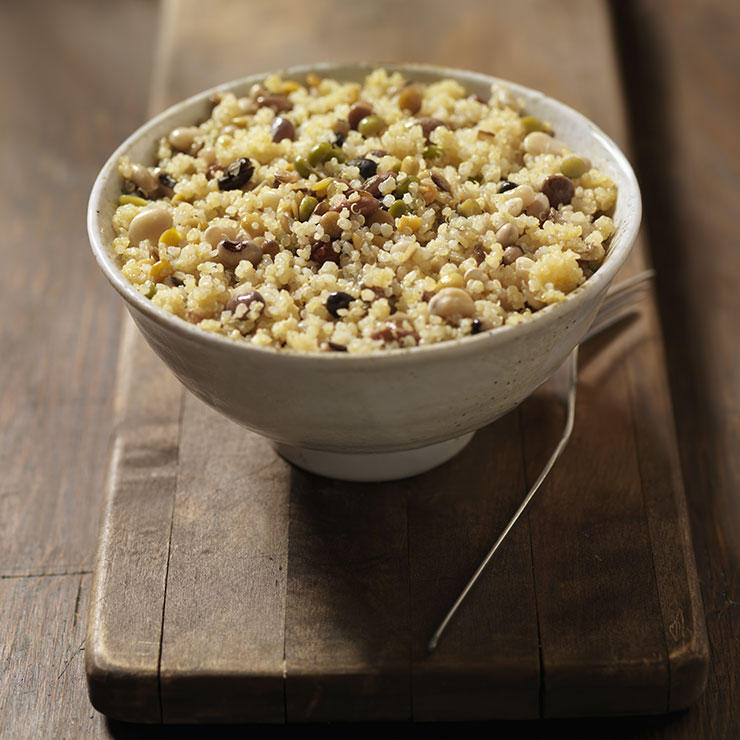 8/11
Go whole or go home.
8/11
Go whole or go home.
What's one of the easiest ways to feel fuller faster? Replacing refined grains with fiber- and protein-rich whole grains. But don't just swap white bread for whole wheat and call it a day. Typically these whole wheat versions have only a negligible increase in fiber, and most have the same number of calories as their refined counterparts. You'll get the most fiber (and nutrients) when you eat intact whole grains, like quinoa, oats, brown rice, and amaranth, Golem says. (Get swapping with these 14 grains that can help with weight loss.)
Power up with plants.
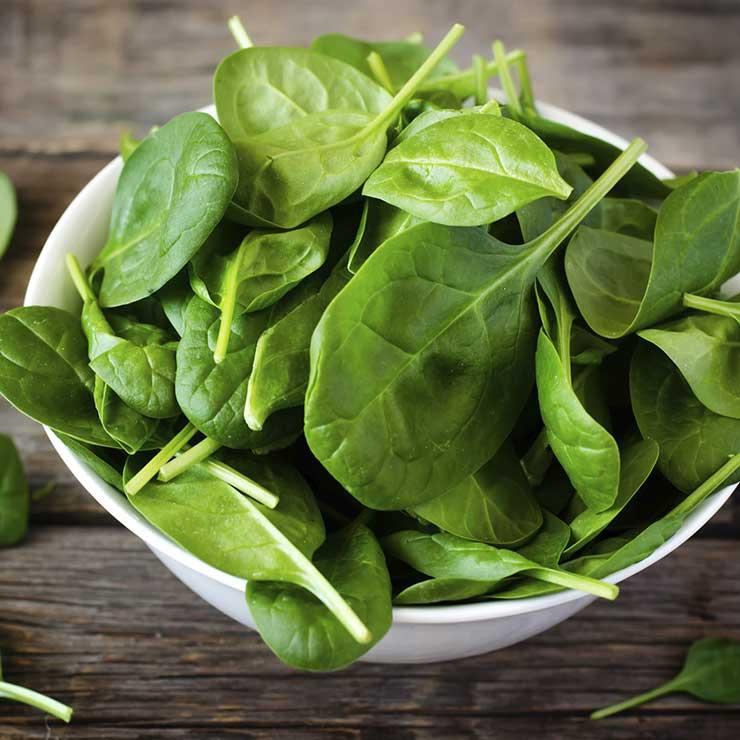 9/11
Power up with plants.
9/11
Power up with plants.
Let's finally banish the idea that meat is the only way to get high-quality protein. "All the plant foods you're eating are contributing to your protein intake," Golem says. "People don't believe it, but it's true." (Seriously, check out these 20 plant protein superstars.) Getting more of your protein from plants (rather than animals) is doubly beneficial: You'll reduce your calorie intake and consume more belly-filling fiber.
Size up your food.
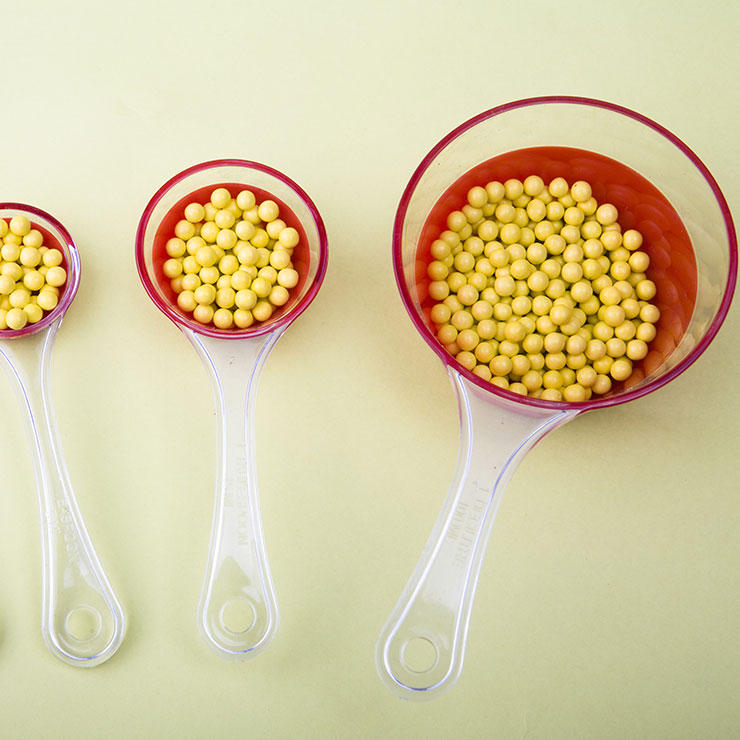 10/11
Size up your food.
10/11
Size up your food.
Nutritionists agree: How much you eat is just as important as what you eat, and eating reasonable portions is critical for weight loss. But it's easy to overdo it when it comes to certain foods—who really eats just a ½-cup serving of cereal or 2 tablespoons of salad dressing?! Learning—and actually implementing—proper portion sizes will boost your weight loss efforts in the long run. Take a look at this simple guide to serving sizes to get started.
Dust yourself off.
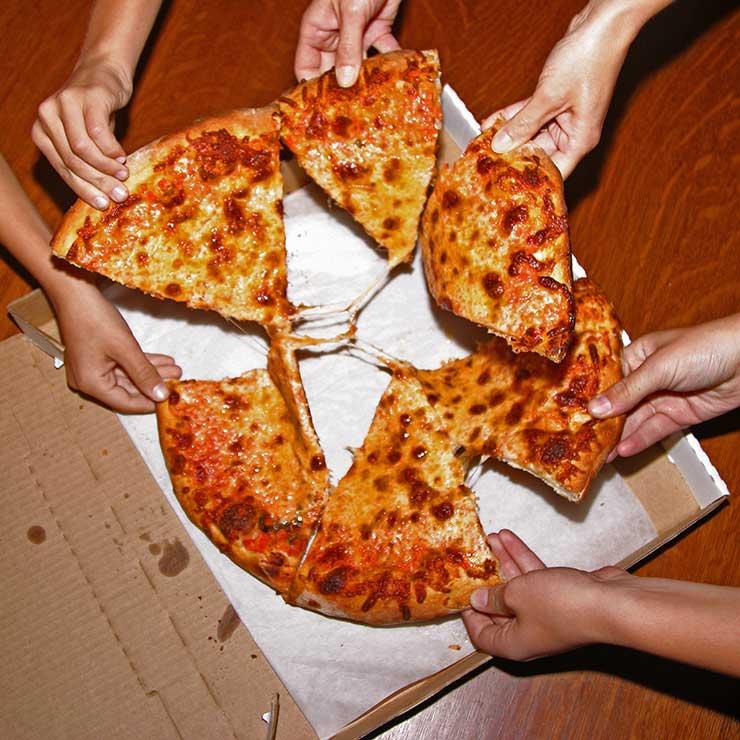 11/11
Dust yourself off.
11/11
Dust yourself off.
No one navigates a 50-pound weight loss without a few slices of pizza sprinkled in. And it's imperative that you don't let those little slip-ups derail your progress. "When you do have a bad day, it helps to step back, calm down, and recognize this is part of the learning process," says Golem. "Think about learning to ride a bike and how many times you had to screw up in the beginning before mastering the perfect pedaling technique." Don't punish yourself—getting discouraged could prompt you to quit altogether. Just forgive and move forward.
- Prev:7 Foods Nutritionists Eat To Boost Their Metabolism
- Next:5 Foods That Can Help You Burn More Fat
 2/11
Get into your head.
2/11
Get into your head.
 3/11
Think broader.
3/11
Think broader.
 4/11
Forget quick fixes.
4/11
Forget quick fixes.
 5/11
Master just one habit.
5/11
Master just one habit.
 6/11
Feel the feels.
6/11
Feel the feels.
 7/11
Crowd out the junk.
7/11
Crowd out the junk.
 8/11
Go whole or go home.
8/11
Go whole or go home.
 9/11
Power up with plants.
9/11
Power up with plants.
 10/11
Size up your food.
10/11
Size up your food.
 11/11
Dust yourself off.
11/11
Dust yourself off.
